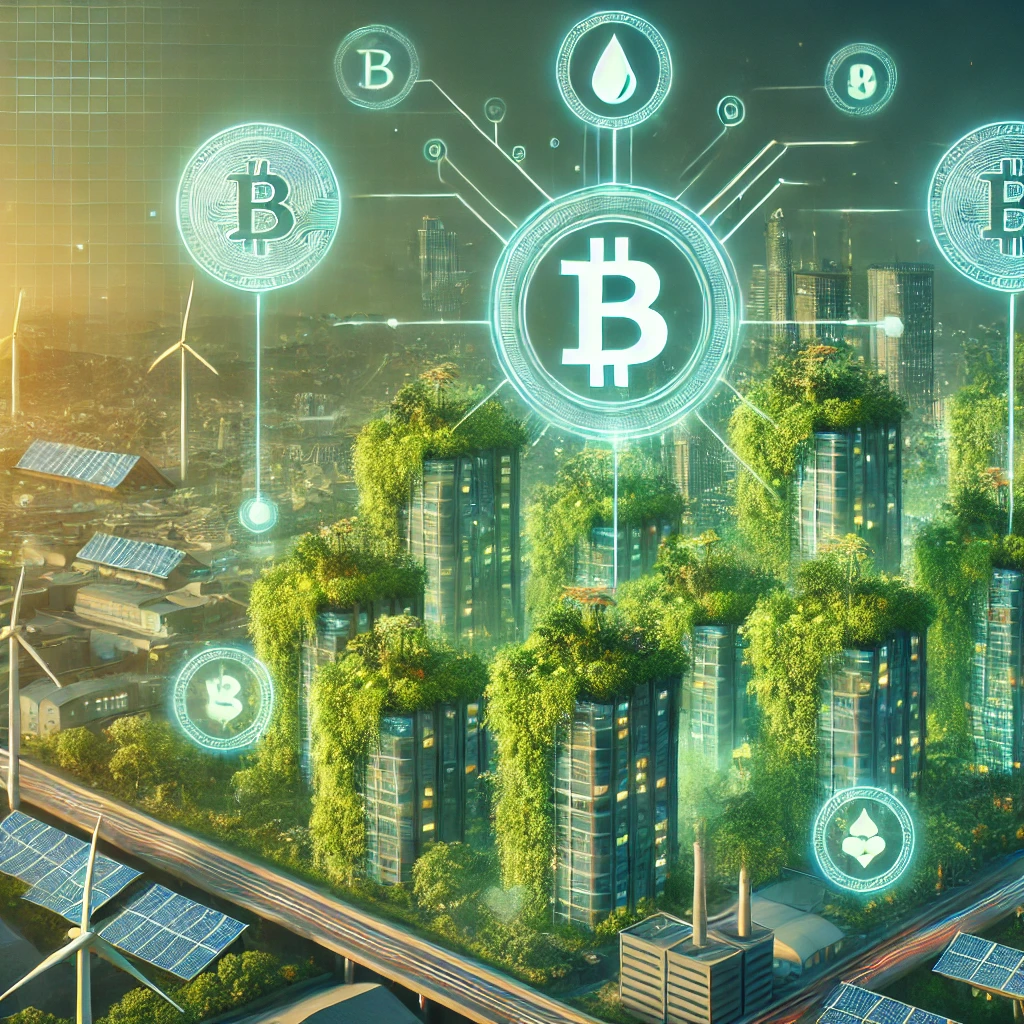The Next Property Revolution Is Already Underway
The real estate sector—one of the oldest and most asset-heavy industries—is undergoing a radical transformation. According to a recent Deloitte report, tokenized real estate is projected to surpass $4 trillion in value by 2035, with the largest surge expected in private funds, securitized asset ownership, and fractional investments in green buildings.
This prediction aligns with broader shifts toward decentralized finance (DeFi), blockchain adoption, and sustainable investing, suggesting a paradigm shift not only in how we buy property—but how we think about property ownership.
What Is Tokenized Real Estate?
Tokenization is the process of converting the ownership of real-world assets—like buildings, apartments, or commercial property—into digital tokens on a blockchain. Each token represents a share or stake in the property, enabling fractional ownership and streamlined transactions.
Instead of needing hundreds of thousands of dollars to invest in a property, investors can now buy fractional stakes for as little as a few dollars, broadening access to real estate markets globally.
The Role of Private Funds and Securitized Ownership
Deloitte’s forecast emphasizes that private real estate funds and securitized structures will be at the forefront of tokenization. These investment vehicles are often burdened with high fees, complex administration, and limited liquidity. Tokenization addresses all of these pain points by:
-
Automating compliance and documentation via smart contracts
-
Enabling secondary market trading for previously illiquid assets
-
Reducing entry barriers for smaller investors
-
Increasing transparency for fund managers and stakeholders
Tokenized ownership also facilitates smoother cross-border transactions, as blockchain-based assets can be traded 24/7 without traditional intermediaries.
A Boost for Green Real Estate and ESG
Tokenization could also become a driving force behind sustainable real estate. With environmental, social, and governance (ESG) metrics gaining traction, fractional investment in certified green buildings offers a practical way for individuals and institutions to support eco-friendly development.
Projects that were once limited to institutional investors—such as LEED-certified commercial complexes or net-zero housing developments—can now attract capital from retail investors worldwide. This opens the door to more inclusive participation in sustainable urban growth.
Challenges Ahead
Despite the promise, tokenized real estate faces key challenges:
-
Regulatory uncertainty in many jurisdictions
-
Valuation consistency across different tokenized platforms
-
Cybersecurity risks and custody solutions for digital assets
-
Market education and user adoption
However, with major firms like Deloitte, EY, and JPMorgan investing in research and pilot programs, the infrastructure to support tokenized real estate is rapidly maturing.
The Bottom Line
Tokenized real estate is no longer a fringe concept—it’s becoming a mainstream investment category. By 2035, we may see blockchain-powered real estate platforms rival traditional REITs and investment firms.
Deloitte’s $4 trillion forecast signals not just a market shift, but a cultural transformation in how we perceive real estate—moving from static ownership to dynamic, decentralized, and sustainable access.
The next generation of property investors won’t just buy land. They’ll own tokens, stake capital in eco-buildings, and trade shares of global developments from their phones.




